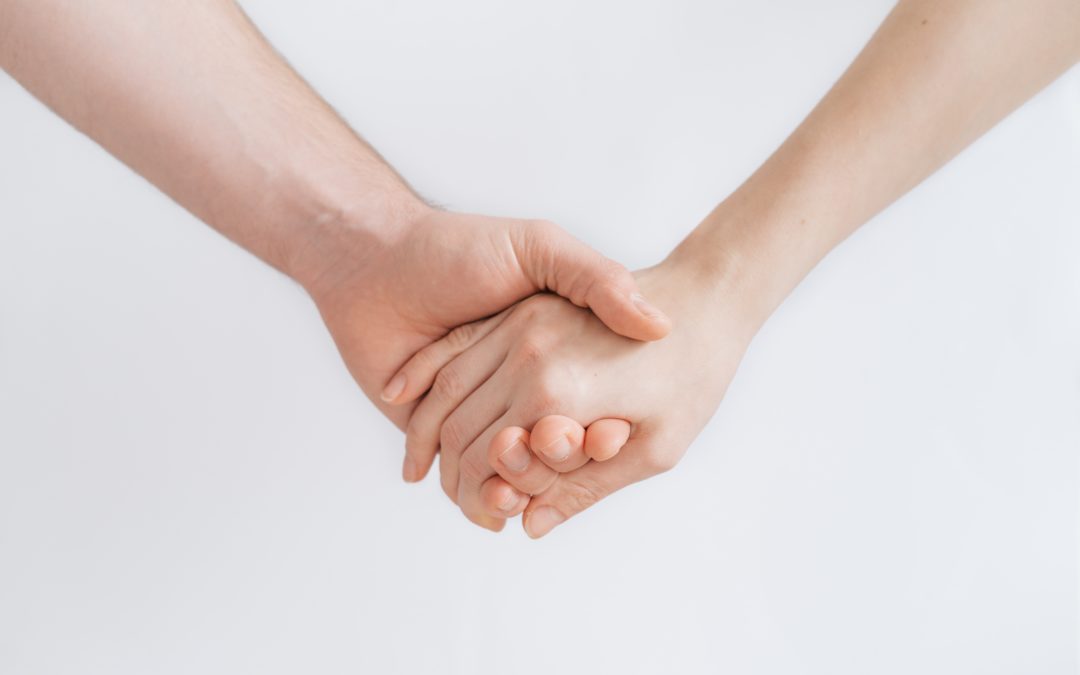After the defeat of Nazi Germany in World War II, many people across the world reacted in shock at the news and photographs documenting the brutality suffered by the Jewish people in concentration camps across Europe. As Jewish support groups and organizations cropped up in its aftermath, many seemed convinced that the world had learned an important lesson, and the ethnic-based violence and bigotry that caused the Holocaust would steadily decrease.
Unfortunately, that does not appear to be the case.
Across the globe, antisemitic attacks on the Jewish community continue to inflict major human rights violations. The Associated Press reported that across the world, antisemitic attacks had grown by 13 percent in 2018. In New York City alone, antisemitic hate crimes rose by 63 percent in 2019 compared to last year. What’s more, anti-Jewish rehtoric has been spewed by domestic and foreign leaders alike while a whopping one-third of Americans don’t believe that six million Jews perished in the Holocaust.
This violence and ignorance is truly staggering. I believe one of the most effective ways to fight back against this hatred and disbelief is through education and awareness.
At the US Holocaust Memorial Luncheon earlier this year, my fellow industry colleagues and I sought to bridge the gap between ignorance and awareness by promoting the conversation surrounding antisemitism advocacy.
The US Holocaust Memorial Luncheon
In March, I hosted the eighth annual New York Real Estate luncheon at the US Holocaust Museum with real estate executives Jeffrey Feil (The Feil Organization), Lloyd Goldman (BLDG Management) and Alan Lazowski (LAZ Parking). The event was a wonderful opportunity for over 100 top real estate executives to learn how to help combat antisemitism in our communities.
Jeffrey Feil, my colleague and fellow host, says, “With the global resurgence of antisemitic violence, rhetoric and vandalism, there is a dire need to bring the mission of the U.S. Holocaust Memorial Museum outside of its walls in Washington, DC, to those who do not have the opportunity to visit the Museum firsthand.”
During the event, we were honored to hear from historian Deborah E. Lipstadt, who currently serves as a member of the United States Holocaust Memorial Council and chair of the Anti-semitism and Holocaust Denial committee. During her speech, Lipstadt discussed her most recent book, “Anti-semitism: Here and Now”. The book details the rise of enduring hatred and how antisemitism is a gateway toward other forms of bigotry, hatred and ethnic and racial violence. As the New York Times explains, the book is meant not to break new academic ground, but bring awareness to the scope of antisemitic threats across the globe.
Awareness Can Bring Us Out of the Dark
At any age, people have the ability to learn right from wrong. It’s important that throughout every industry and every educational system, we continue to spread awareness on antisemitic attacks. UNESCO cites raising awareness as a way governments can support the effort. By helping leaders, criminal justice officials and the general public understand the impact of antisemitism, we can make strides to challenge that hatred through capacity-building and education. This kind of awareness helps authorities recognize and investigate incidents, provide evidence of the security needs in Jewish communities, and reassure them by offering solidarity in times of attacks or threats.
It is my hope that by continuing to bring awareness of these attacks to our communities, small and large, we can reshape the systems that support antisemitism and help heal it from the inside out. No longer should anyone have to hide or live in fear of practicing their faith or representing their heritage. As we advocate for better ways to root out prejudice, our conversations of tolerance and love can set the tone for societal transformation, helping to safeguard and honor Jewish communities across the globe.
While we still have much work to end antisemitism, I encourage executives, no matter their industry, to continue holding conversations of support and connection to Jewish and other minority communities so that we can create a more equal and tolerant world.
